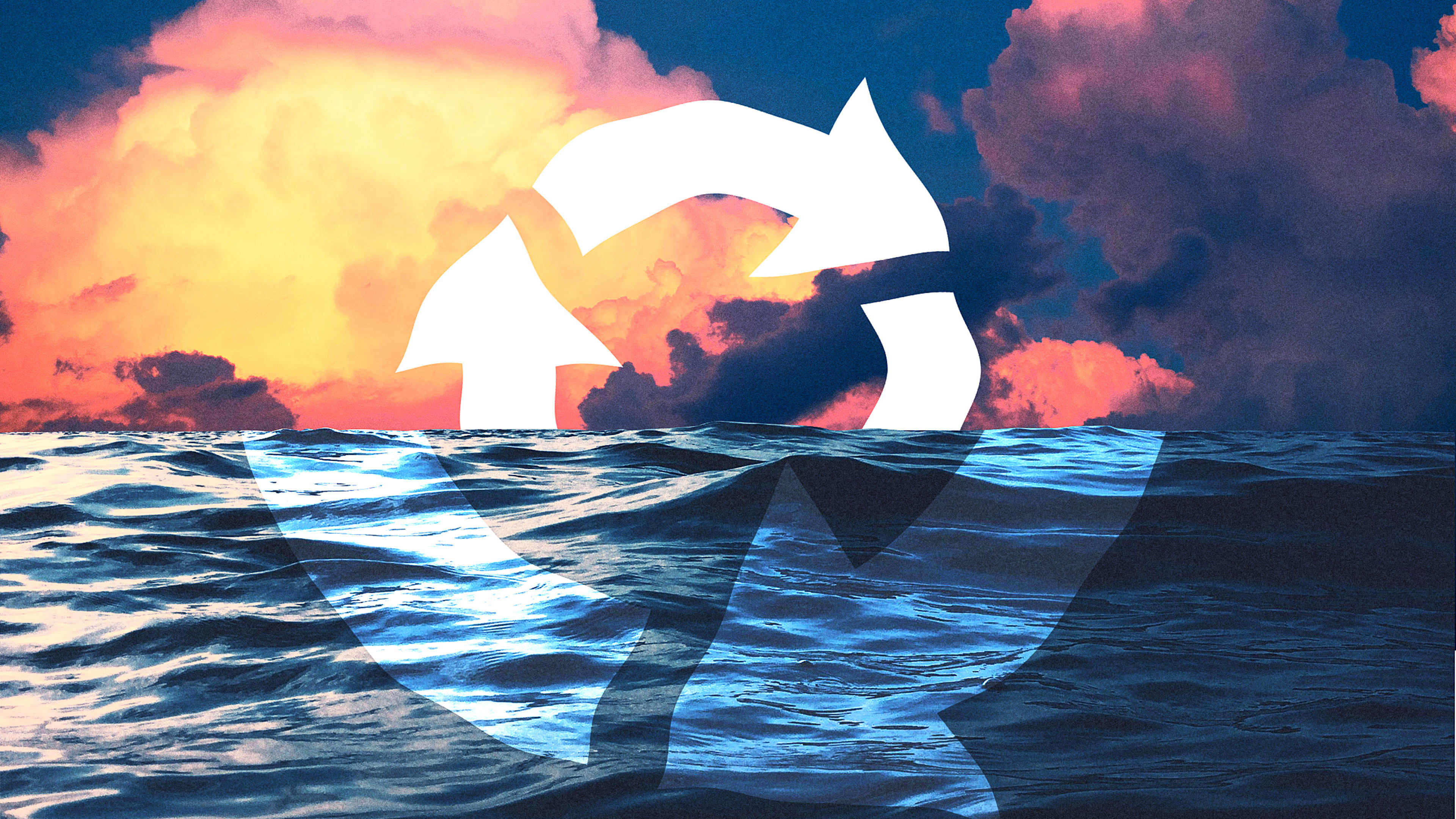The world’s oceans are a hotbed of economic activity, from tourism to international shipping to commercial fishing. Ocean-based industries account for 31 million full-time jobs and trillions of dollars of economic benefits every year. But as climate change worsens, the ocean and its industries are under threat. There’s good news, though: investing in ocean sustainability is worth the cost: every $1 in key ocean actions can generate $5 in economic, health, and environmental benefits.
That’s according to a new report from the World Resources Institute, commissioned by the High Level Panel for a Sustainable Ocean Economy, a group of 14 world leaders working toward sustainable policies and ocean protections that also provide economic benefits. As policy makers plan recovery packages in the wake of the COVID-19 pandemic, it’s even more important, says Mansi Konar, lead ocean economist at WRI, that they invest in ocean resilience rather than continue with “business as usual.”
This report looks at the benefits of investing in four specific ocean sustainability initiatives: conserving and restoring mangrove habitats, scaling up offshore wind, decarbonizing international shipping, and increasing the sustainable sourcing of ocean-based protein. Over 30 years, from 2020 to 2050, an investment of $2-3.7 trillion across these four areas would bring about a net benefit of $8.2-22.8 trillion.
“When we think about the ocean we think about some of the challenges the ocean economy faces, from climate change to ocean pollution to overfishing, but there’s an opportunity here,” Konar says. “Investing in some of these measures will not only help to get benefits to meet short-term recoveries, but help also meet long-term resilience that is important for any future shocks that may arise.”
The report breaks down these benefits into three categories—economic, health, and environmental—but they’re all interconnected, Konar says. Conserving mangroves, for example, will provide commercial benefits in terms of higher fishery productivity, and will also mean more carbon sequestered from the atmosphere. That’s a clear environmental benefit, but it’s also a health and economic one; with more carbon sequestered and the rate of global warming slowed, communities that live near mangroves will see less frequent storm surges, which could also prevent property loss. Any health benefits from reduced pollution would lead to more economic productivity.
The return on investments does vary for each individual initiative. Every $1 invested in mangrove conservation and restoration generates an economic benefit of $3; $1 in offshore wind could net $2 to $17, depending on the cost to implement that equipment and what type of power generation it would displace. Each dollar invested in zero-carbon-emission shipping yields $2 to $5 in benefits, and $1 towards sustainable ocean proteins brings $10 in benefits. It may seem counterintuitive to plan to feed more of the world out of our oceans when overfishing is such an issue, but Konar says it’s crucial to meet the food demand of our growing population, which is expected to reach 9.7 billion people by 2050. “Moving away from high-intensive meat consumption towards a more low-carbon fish protein diet will actually have a whole host of benefits,” she says.
This report builds off previous Ocean Panel research that looked at how these ocean solutions could reduce at least one-fifth of the emissions gap required to stay on the 1.5 degrees of warming pathway, but it’s especially timely as countries are putting together their COVID-19 stimulus plans. Governments around the world have already announced about $10 trillion in stimulus packages, and yet there’s very little in them, Konar says, that is “green and blue.” She hopes this report “is an inspiration to policy makers and to businesses as well as local communities,” she says, “to think about the choices they have and how we can transition to an economy that protects the people and protects the planet.”
Recognize your brand’s excellence by applying to this year’s Brands That Matter Awards before the early-rate deadline, May 3.
